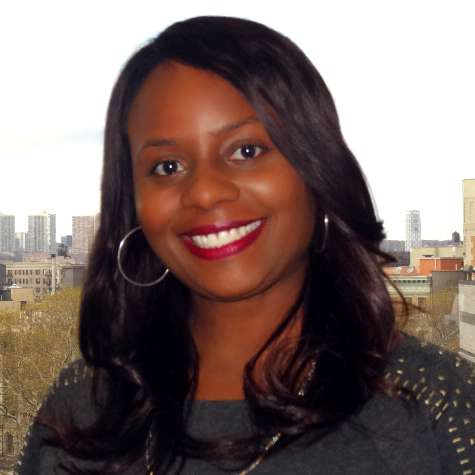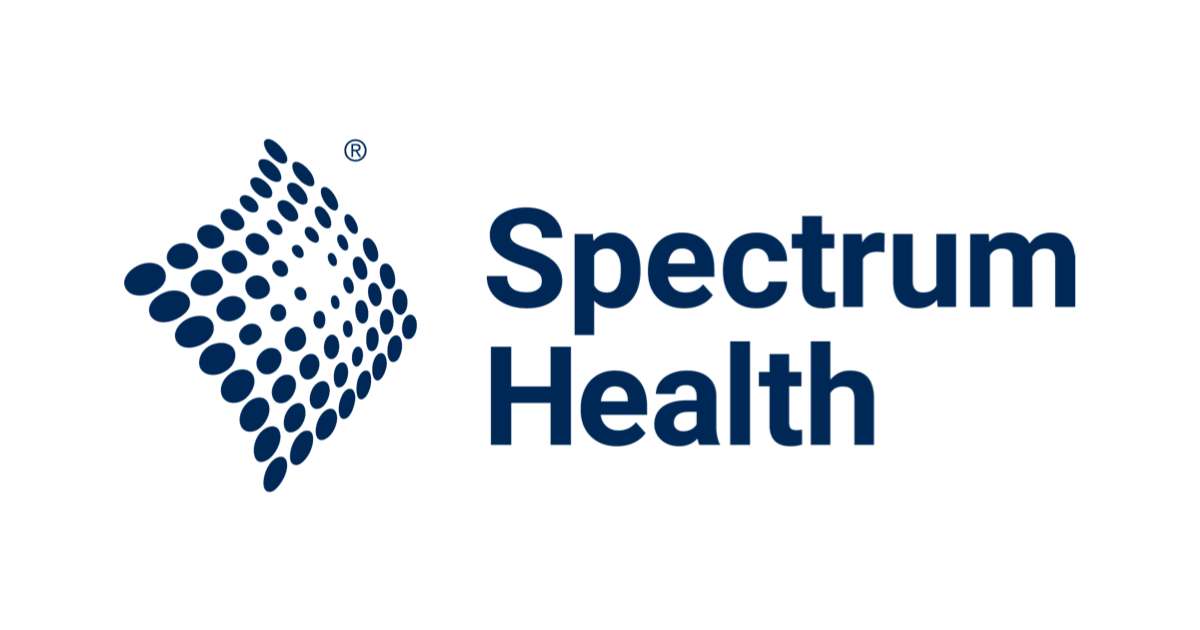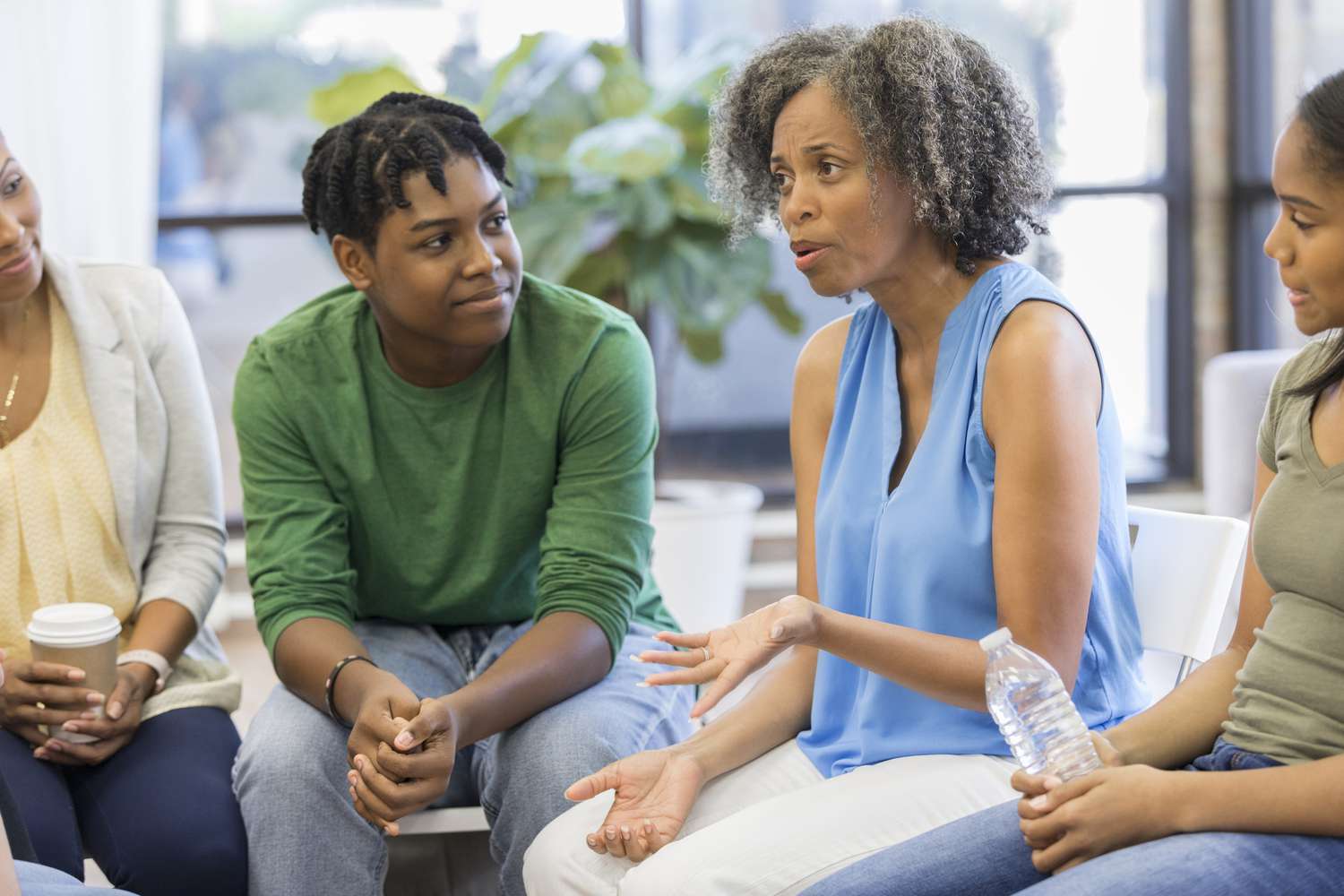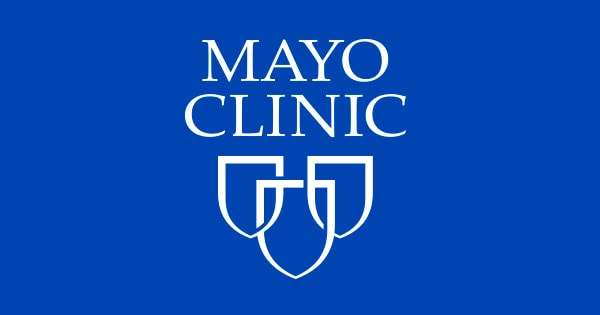Mental Health Practitioners
Application documents received prior to the date noted below are currently in the initial stage of processing. The timeframe for the review and evaluation of these materials varies. Applications with education from outside the U.S. usually require a lengthier review process. All applicants should allow an additional 6-8 weeks for review after this date before submitting a Contact Us Form to request a status update, as contacting us earlier will delay processing. We cannot provide the status of a licensure application by phone. We thank you for your patience and cooperation.
ProfessionCurrently Initiating the Process for Items ReceivedCreative Arts Therapists 11/7/2022 Marriage and Family Therapists 11/18/2022Mental Health Counselors 11/15/2022 Psychoanalysts11/5/2022
Advisory Notice: For the latest information on COVID-19 issues impacting the licensed professions, including professional exam updates, please visit OP’s COVID-19 website.
Advisory Notice: For information on the diagnostic privilege for certain mental health practitioners, visit OP’s News page. A discussion of clinical content is scheduled for Monday, August 22, 2022, and meeting information is available here.
Mandatory Continuing Education Requirements for Mental Health Practitioners
After January 1, 2017, in order to register and practice the profession, each mental health counselor, marriage and family therapist, creative arts therapist, and psychoanalyst, licensed under the Education Law, must complete 36 hours of continuing education (CE) from a Department approved provider during each three-year registration period. Frequently asked questions about the specific CE requirement for each mental health practitioner profession may be found on the web page for that profession. These profession-specific web pages include applications for individuals and organizations that wish to offer CE courses to licensed mental health counselors, licensed marriage and family therapists, licensed creative arts therapists and licensed psychoanalysts.
The law exempts from the triennial continuing education requirement those licensees who are inactive (not practicing the profession or using the restricted title) and newly licensed practitioners in their first registration period after licensure. In addition, the CE requirement is phased in, so that licensees, who must complete CE, can satisfy this requirement by completing a pro-rated number of hours, based on the number of months between January 1, 2017 and the starting date of the licensees’ next registration period. Licensees should review the FAQs to learn more about the CE requirement for the specific mental health practitioner profession they are licensed in.
A prospective provider of CE must submit to the Department an application, with the required $900 fee, that demonstrates that it meets the profession-specific requirements in the section 8412 of the Education Law and the Commissioner’s Regulations for the specific profession. Both a separate application and $900 fee must be submitted by an individual or organization for each specific profession in which the applicant wishes to become a Department-approved CE provider. The State Board Office will review prospective provider applications in the order received, so that licensees can complete their required pro-rated hours of CE starting on January 1, 2017.
A licensee seeking to register for a period starting after January 1, 2017, who is not exempt from the requirement as noted above, may only meet the requirement by completing CE activities from Department-approved providers or other allowed education activities after January 1, 2017. If your next registration period starts after January 1, 2017, you should not submit the registration application and fee until you have met the CE requirement after January 1, 2017, to avoid a hold on your registration application.
Licensees and prospective providers should review the FAQs and profession-specific requirements for each of the four mental health practitioner professions established under Article 163 of the Education Law. You can access the web pages by using the left-hand navigation bar on these pages.
Mental Health Practitioners include Creative Arts Therapists, Marriage and Family Therapists, Mental Health Counselors, and Psychoanalysts.
Creative arts therapists are trained in psychotherapy and in specific arts disciplines, which may include dance/movement therapy, drama therapy, music therapy, poetry therapy and art therapy. They have training in areas that include clinical practice and human development as well as the use of the creative arts to provide appropriate services, and multicultural and artistic traditions.
Elizabeth Gonzalez-Dolginko, finishing her 2nd 5 year term on the State Board for Mental Health Practitioners, and Robert Irwin Wolf, a tenured professor for 37 years in the graduate art therapy program at the College of New Rochelle, discuss the use of creative arts therapy at a New York City alternative special education school in the 1970s. Creative Arts Therapists are one of four professions licensed by the Department with the assistance of the State Board for Mental Health Practitioners.
Read more about the profession of Creative Arts Therapy.
Practitioners, called marriage and family therapists, are trained in individual psychotherapy and family systems to assess and treat mental, emotional, and behavioral disorders, and address an array of relationship issues within the context of marital/couple, family and various relational systems.
Read more about the profession of Marriage and Family Therapy.
Practitioners, called mental health counselors, are trained in counseling and psychotherapy to treat individuals with mental and emotional disorders and other behavioral challenges. Mental health counselors address mental health, human relationship, education and career concerns within ethical, developmental, preventive and treatment contexts. Mental health counselors demonstrate a concern for the short-term and long-term well-being of individuals, couples, families, groups and organizations.
Read more about the profession of Mental Health Counseling.
Practitioners, called psychoanalysts, may use verbal and non-verbal communications to uncover the unconscious blocks that may be affecting the individual’s behavior and personality. Psychoanalysts treat a range of conditions including anxiety, depression and phobias.
Read more about the profession of Psychoanalysis.
New York counseling licensure can lead to promising job prospects and a fulfilling career helping others. If you are considering counseling as a career, it is important to note that licensure is mandatory and the New York State Education Department (NYSED) oversees many of these licensure processes including Licensed Mental Health Counselor (LMHC). As of May 2018, there were 50,690 counselors working in New York with almost half working as educational, guidance, school, and vocational counselors (24,940).1-5 Job growth for various counselor positions in New York is projected above national averages through 2026, with the highest number of new positions (4,130) and annual openings (3,400) among educational, guidance, school, and vocational Counselors.6 Keep reading to learn more about how to earn counseling licensure in New York.
Table of Contents
How to Become a Counselor in New York
To become a licensed counselor in New York, you will likely need a graduate degree in counseling and extensive clinical training. There are many counseling schools in New York offering master’s degrees and above that meet the state’s specific licensure requirements. Many common counseling career paths, such as Licensed Mental Health Counselors (LMHCs) and Licensed Marriage and Family Therapists (LMFTs), require licensure that is issued by state bodies. To learn more about the various licensure processes for New York counselors, continue reading the guide below.
1. Choose your preferred area of counseling.
Counselors can work with many different populations and develop expertise in specific areas, such as family therapy, psychotherapy, and behavior modification. Take time to learn about the many opportunities available in the counseling field and choose an area that interests you most as licensure requirements do vary.
2. Earn the degree(s) required for your counseling practice area.
Most New York counselor licenses require a university degree before beginning the licensure process. The requirements vary as school counselors are only required to have a bachelor’s degree, while LMHCs and LMFTs must have a graduate degree at either the master’s or doctoral level. Those wishing to become Certified Alcohol and Substance Abuse Counselors (CASACs) can start this process with a high school degree and may choose to complete a degree while working towards full licensure.
3. Get licensed to practice counseling in New York.
After completing the necessary education, you can apply to the appropriate licensing body to begin the licensure process. For LMHCs and LMFTs, licensure is issued by the New York State Education Department (NYSED) Office of the Professions. School counselors follow a different path to certification via the New York State Education Department (NYSED) Office of Teaching Initiatives. Professional counselors working in the area of substance abuse are certified by the New York Office of Alcoholism and Substance Abuse Services (OASAS) as Credentialed Alcoholism and Substance Abuse Counselors (CASACs). Other types of counseling professionals may be licensed through other state organizations.
Licensed Mental Health Counselor (LMHC) Licensing Process
In New York, Licensed Mental Health Counselors (LMHCs) can assess and provide treatment to individuals or groups suffering from psychological, behavioral, developmental, or emotional issues. This includes providing psychotherapy and other interventions and services. You can read more about what professional counselors do on our mental health counselor career guide. In New York, the New York State Education Department (NYSED) Office of the Professions issues licenses for LMHCs. To become an LMHC, you must be at least 21 years old, have an approved graduate degree in counseling, and complete necessary training, such as child abuse reporting. The Department also offers a checklist to help applicants understand licensure requirements.
1. Apply for an LMHC limited permit.
After you have completed the necessary education, the next step in achieving full licensure is to submit your application for an LMHC limited permit. It is necessary to apply for a limited permit so you can complete the remaining required clinical training. As of July 2019, the fee for a limited permit is $70. Application forms are available online.
2. Accrue supervised experience.
Once you have completed your master’s degree, you must accrue 3,000 hours of supervised counseling experience in an approved setting with an average of one hour of supervision per week. At least 1,500 of these hours must be direct contact with clients providing clinical services. Supervision must be provided by an individual licensed in New York in mental health counseling, psychology, or clinical social work, or a registered nurse, nurse practitioner, physician, or physician’s assistant with demonstrated competence in the mental health counseling. The hours can be gained in many different types of settings, such as a hospital or clinic, but the setting must be approved by the Department.
3. Apply for LMHC licensure and permission to test.
All LMHC applicants are required to pass the National Clinical Mental Health Counselor Exam (NCMHCE) offered by the National Board for Certified Counselors (NBCC). When you are ready to sit this exam, you can submit your application for LMHC licensure to the Department in order to receive approval. This application can be submitted at the same time as the limited permit application if desired. As of July 2019, the fee for MHC licensure is $371.
4. Pass the National Clinical Mental Health Counselor Examination (NCMHCE).
The NCMHCE tests your professional knowledge of mental health counseling through 10 different clinical scenarios. Online study guides and a handbook are provided by the NBCC to help you prepare. Any necessary accommodations must be approved ahead of time by the Department or else you may be required to retake the exam.
5. Receive your LMHC license.
Once you receive your LMHC license, you are able to use the title of “Licensed Mental Health Counselor” and provide independent services.
Professional Counselor Licensure by Endorsement in New York
Any licensure applicant who is licensed in another state must send a copy of their file to NYSED; however, New York does not offer licensure by reciprocity to counseling professionals working in other states. If you have five years of professional experience as a licensed counselor in the last 10 years, you may be able to apply for licensure by endorsement. Licensure by endorsement applicants must be at least 21 years old, have at least a master’s degree in counseling or a closely related field, have completed a clinical internship in your state of licensure, and have passed the NCMHCE or comparable exam. If you are licensed in another state but do not meet these requirements, you must apply as a general applicant.
Counselor Licensing Renewal and Continuing Education Information
LMHC licenses are renewable every three years during your month of birth and can be completed online or by mail. With the exception of the first three-year cycle, LMHCs must complete 36 hours of approved continuing education during each renewable cycle. A maximum of 12 hours per year can be completed via self-study courses. NYSED provides a list of approved continuing education providers online.
Additional Counseling Careers and Licenses in California
Career pathways in counseling can vary widely depending on the setting or population you’d like to engage with. Keep reading to learn more about some other common counseling careers, such as licensed marriage and family therapists, school counselors, and substance abuse counselors.
Licensed Marriage and Family Therapist (LMFT)
In New York, LMFTs must be at least 21 years old and complete various education and training requirements. An approved graduate degree in marriage and family therapy or an allied health field with significant training in marriage and family therapy is required. Licenses are issued by the NYSED Office of the Professions and the licensure fee as of July 2019 is $371. LMFTs provide assessment and treatment services to individuals, partners, and families experiencing dysfunctional relationships or mental health issues.
The LMFT licensure process requires candidates to:
- Apply for an LMFT limited permit.
- Accrue 1,500 hours of supervised direct clinical experience.
- Submit an LMFT application and request permission to sit for the Association of Marital and Family Therapy Regulatory Boards (AMFTRB) National Examination.
- Receive your LMFT license.
More information about careers in marriage and family therapy can be found in our LMFT career guide.
School Counselor
New York school counselor certification is issued by the New York State Education Department (NYSED) Office of Teaching Initiatives under the pupil personnel service category. Applicants must have a bachelor’s degree and complete a state-approved teacher preparation program with a guidance and counseling component. Depending on the program, these requirements can be met simultaneously. Approved programs are listed on NYSED’s Inventory of Registered Programs. School counselors in New York have a broad scope of practice as they can work with students from pre-kindergarten through twelfth grade on a variety of age-appropriate personal, educational, behavioral, and career goals.
To become a New York school counselor, follow these steps:
- Apply for your provisional certificate in pupil personnel service online.
- Complete supervised work experience.
- Complete any additional requirements issued by NYSED and attend the mandatory Harassment, Bullying, Cyberbullying, and Discrimination in Schools: Prevention and Intervention workshop.
- Receive your permanent certificate in pupil personnel service by mail once approved.
Learn more about what school counselors do by reading our school counseling career guide.
Credentialed Alcoholism and Substance Abuse Counselor (CASAC)
In New York, individuals who provide assessment, treatment and intervention services for those suffering from substance abuse must be licensed as Credentialed Alcoholism and Substance Abuse Counselors (CASACs) by the New York Office of Alcoholism and Substance Abuse Services (OASAS). A high school diploma is the minimum education requirement to begin the licensure process; however, the process will vary depending on your previous education and work experience. A total of 6,000 hours of clinical work experience is required for full licensure but degree holders can receive credit towards these hours based on the type of degree. For example, associate degree holders can receive 1,000 hours of work experience credit while master’s degree holders can receive 4,000 hours of work experience credit. The licensure process also involves an optional CASAC Trainee (CASAC-T) stage you can apply to after completing a combination of education and work experience requirements. As a CASAC Trainee, you can look for employment as a junior counselor or similar role and continue to accumulate the remaining clinical work experience needed to obtain full licensure. Advanced levels of certification, such as CASAC-Advanced Level and CASAC-Master’s Level are also available to professionals with graduate education and advanced work experience after achieving licensure as a CASAC.
In general, you can apply for CASAC licensure by following these steps:
- Complete the work experience required for your degree level.
- Submit your application packet to the OASAS.
- If desired, apply for a CASAC Trainee (CASAC-T) license.
- Take the International Certification and Reciprocity Consortium’s Alcohol and Drug Counselor exam.
- Receive your CASAC license in the mail.
Other Substance Abuse Counseling Credentials Offered in New York
- Credentialed Prevention Professional (CPP)
- Credentialed Prevention Specialist (CPS)
For more information about what it’s like to be a substance abuse counselor, take a look at our substance abuse counseling career guide.
Other Professional Counseling Careers
There are many other types of popular career paths for prospective counselors. Other ways to use your counseling skills in a professional career include:
- Rehabilitation Counselor
- Gambling Counselor
- Genetic Counselor
- Youth Counselor
- Guidance Counselor
- Pastoral Counselor
- Recreational Therapist
New York Counseling Career and Salary Information
There are 50,690 counselors working in New York across a range of counseling positions.1-5 New York ranks third in the country for educational, guidance, school, and vocational counselor jobs (24,940 employed in 2018) and fourth for annual mean wage in this category ($67,920).3 This is the highest annual wage amongst different types of counselors in New York, while rehabilitation counselors earn the lowest wage ($36,040).3,4 Many counselors find employment in the New York-Newark-Jersey City metropolitan area, which employs more educational, guidance, school, and vocational counselors (21,150), substance abuse, behavioral disorder, and mental health counselors (14,990), rehabilitation counselors (5,680), and “all other counselors” (1,260) than any other metropolitan area in the country and ranks second for marriage and family therapists (3,290).1-5
The job outlook is promising for many types of counselors in New York as growth rates are projected above the national average for all types of counseling jobs. Substance abuse and behavioral disorder counselor jobs are projected to experience the highest growth rate at 29.5% for a total of 2,570 new positions through 2026.6 The highest number of total new jobs is projected for educational, guidance, school, and vocational counselors (4,130) despite the lowest overall growth rate (15.2%).6 Mental health counselor jobs are projected to increase by 2,050 during this period, while rehabilitation counselor positions are projected to increase by 1,670 (16.8%).6Marriage and family therapists and “all other counselors” may experience growth of 230 (24.0%) and 170 (17.3%) respectively.6
OccupationNumber EmployedAverage Annual SalaryCounselors, All Other450$51,310Educational, Guidance, School, and Vocational Counselors24,940$67,920Marriage and Family Therapists970$49,420Rehabilitation Counselors9,720$36,040Substance Abuse, Behavioral Disorder, and Mental Health Counselors14,610$51,380
Data from the Bureau of Labor Statistics.1-5
Counseling Associations in New York
- New York Mental Health Counselors Association (NYMHCA): A state branch of the American Mental Health Counselors Association that advocates on behalf of LMHCs at the state level.
- New York Mental Health Counselors Association-New York City Chapter (NYMHCA-NYC): The New York City chapter of the NYMHCA, which represents LMHCs in NYC and promotes positive mental health and wellbeing through advocacy and awareness.
- New York State School Counselor Association: A professional association that provides members with school counseling resources, professional development, and awards for professional excellence.
Frequently Asked Questions
What is the best degree program to become an LMHC in New York?
To become an LMHC in New York, you need to complete an approved graduate degree program, such as a master’s or doctoral degree in counseling. A list of approved programs can be found online through NYSED’s Inventory of Registered Programs. NYSED also provides specific instructions for using this online database to find the right programs for the LMHC license.
Can I complete an online degree to become a licensed counselor in New York?
Yes, you can complete an online or distance education degree as long as the degree meets the same education requirements applied to on-campus programs. For LMHC and LMFT licensure, if the degree is based in New York, it must be approved by NYSED. If the degree is based in another state, it will be evaluated by NYSED in the same manner as an on-campus out-of-state degree according to the requirements for the type of licensure sought.
Can I work in private practice while I have an LMHC or LMFT limited permit?
While you have a limited permit, you cannot provide any services in a private practice you own or operate, even with approved supervision. If you would like to complete clinical hours in a private practice owned by your supervisor, the facility must receive prior approval by NYSED as a Department-approved clinical location before you can begin providing services or accruing hours.
Do I need a university degree to work as a licensed counselor in New York?
All of the counseling career paths mentioned above require at least a bachelor’s degree and often a master’s degree to begin the licensure process. The only exception is for Certified Alcohol and Substance Abuse Counselors (CASACs) who can begin the process with only a high school diploma. In order to become fully licensed, these types of counselors are still required to take coursework in a number of related subjects and completing extensive clinical training. CASAC trainees must complete 6,000 hours of clinical training, but completing any level of degree in a related field can reduce the number of hours required to be eligible for licensure. For example, CASAC trainees with a relevant associate’s degree are only required to complete 5,000 hours of clinical training.
What type of job can I get with a degree in counseling?
Seeking New York counseling licensure is one of the career paths open to graduates of a master’s or doctoral degree in counseling. If you plan to become licensed, make sure your degree program is approved by NYSED beforehand using the Inventory of Registered Programs to avoid disappointment during the licensure process. If you have completed an associate’s or bachelor’s degree in counseling, you will need to continue your education with a graduate degree before you can seek licensure.
References:
1. Bureau of Labor Statistics Occupational Employment and Wages, Substance Abuse, Behavioral Disorder, and Mental Health Counselors: https://www.bls.gov/oes/current/oes211018.htm
2. Bureau of Labor Statistics Occupational Employment and Wages, Marriage and Family Therapists: https://www.bls.gov/oes/current/oes211013.htm
3. Bureau of Labor Statistics Occupational Employment and Wages, Educational, Guidance, School, and Vocational Counselors: https://www.bls.gov/oes/current/oes211012.htm
4. Bureau of Labor Statistics Occupational Employment and Wages, Rehabilitation Counselors: https://www.bls.gov/oes/current/oes211015.htm
5. Bureau of Labor Statistics Occupational Employment and Wages, Counselors, All Other: https://www.bls.gov/oes/current/oes211019.htm
6. Projections Central, Long Term Occupational Projections 2016-2026: https://projectionscentral.org/Projections/LongTerm




